In order to address the historic wrongs caused by arbitrary dispossession of land in South Africa, land redistribution has largely received universal acceptance as a means of reparations. But the concept of ‘compensation’ in land reform is something of a contentious issue, and the conversation is both principled and economic. Implementing it even calls for a change to the country’s constitution. While the policy of redistribution without compensation has been given the green light, critics warn against the heavy impact it will have on an economic level. However, optimists believe that this process can occur without adverse economic effects. Is land redistribution without compensation a viable option, and what needs to happen to ensure that it’s successful? The Interchange is made possible by Absa and Tshimong.
Read moreIdeologies like communism and socialism have seen a massive decline in popularity over the years. Countries such as Venezuela are seen as the final nail in the coffin for the economic systems. On the other hand, global capitalism has taken a drastic knock, particularly after the 2008 global financial crisis left many people financially destitute. Ordinary citizens around the world continue to band together to fight corruption and grotesque abuse of funds either by the private sector or by governments. So, given the above, can we take the best of communism and capitalism and create a socio-economic utopia? The Interchange is made possible by Absa and Tshimong.
Read moreLegislation in its best form is designed to be progressive and all encompassing – serving the needs of all. Yet, while a legal system should be unprejudiced; law enforcement and even law-making is sometimes vulnerable to bias. In South Africa specifically, women often seem to be the victims of this bias with gender-based violence and workplace inequalities still rife. If legislation impacting women was to be drafted exclusively by women, and justice enforced by women where women were the victims, would this bring about a desired equality in our legal system and balance the scales of justice? The Interchange is made possible by Absa and Tshimong.
Read moreThe rise of technology has in many ways made everyday life easier and convenient. But, for all its great uses there are also repercussions. The blue collar workforce are losing jobs because technology is replacing them. Tasks that were done by low-level professionals are now performed by inventions such as automated toll boots, supermarket tills and assembly lines in factories. Highly qualified jobs in law and finance are also being threatened by digitisation, robots and other innovations. With the advent of job losses in the 4th Industrial Revolution, would a universal basic income help mitigate the challenge? The Interchange is made possible by Absa and Tshimong.
Read moreWhile current trends of the 4IR push economic growth in the direction of new scientific and technological innovation, predictions for the 5th Industrial Revolution seem to be completely contrasting. As we look ahead to the 5IR, experts are suggesting that we could be moving towards developing an economy built around purpose, inclusivity and humanity to make the world ‘better’ rather than just ‘more efficient’ or ‘more productive’. With current innovation seemingly supporting a more dehumanised economic future, could android systems be instrumental in stimulating business in times of economic stagnation? Could the technology that’s making man less of an asset be utilised to reintroduce humanisation to meet the demands of a global economy that requires more critical thinking, empathy and civic activism? The Interchange is made possible by Absa and Tshimong.
Read moreAs cities continue to grow at an unprecedented rate, so do opportunities for the development of local economies. Spatial design is crucial to consider during the growth phases of a city because growth means opportunity for business, business means people, people mean housing and services. Past trends suggest that where lucrative jobs are being created, the price of living space increases, often creating a barrier for social and financial exclusion. Would encouraging the relocation of large businesses into peri-urban areas break down the current barriers? The Interchange is made possible by Absa and Tshimong.
Read moreOver the past 3 years, there has been a lot of buzz around the onset of the 4th Industrial Revolution (4IR). The 4IR offers huge potential to transform and realign our economies and societies. But, how do we play a shaping role to prepare societies and industries at large for this economic era, and ultimately help shape the impact of the 4IR? Can we accelerate the development and implementation of emerging science and technology to the benefit of citizens, society and the public interest? In doing so, are we able to learn from the mistakes of the past in order to mitigate massive exclusions, human rights violations and regulatory lag? The Interchange is made possible by Absa and Tshimong.
Read moreMore often than not, the leadership in Africa has been defined by violent dictatorships. So much so that people wonder if the “Benevolent Dictator” exists and whether or not “The People” always know what’s best for themselves. The contrasting leadership styles of Rwandan President Paul Kagame and that of Ugandan President Yoweri Museveni are examples of incumbent leaders who function in democracies - yet the outcome of their leadership is worlds apart. While there are African countries that have thrived under democracy, the question remains: Is democracy a system imposed on Africa? And is it the universal solution for African governance? The Interchange is made possible by Absa and Tshimong.
Read moreThe recognition of gay rights continues to take shape across the globe. However, the violent discrimination against the LGBTQIA+ community is rife on the African continent. Even in countries like South Africa, where human rights are constitutionally protected, members of this community still have to face abuse in their everyday lives. Can we bridge the divide between our Constitution and everyday behaviour? And can South Africa influence other African countries to recognise LGBTQIA+ rights? The Interchange is made possible by Absa and Tshimong.
Read more
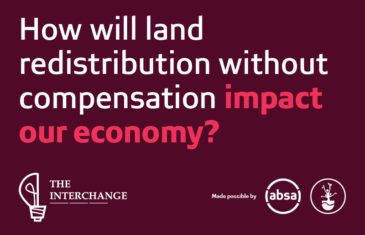
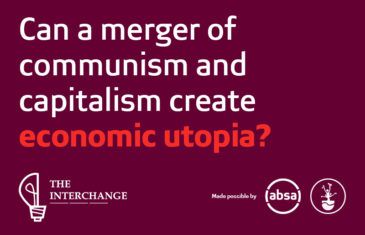
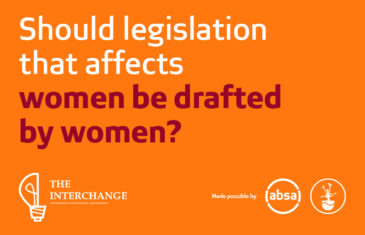
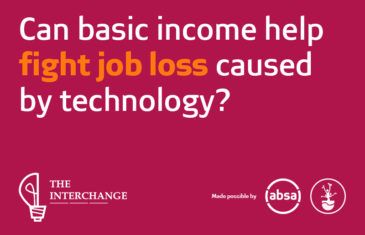
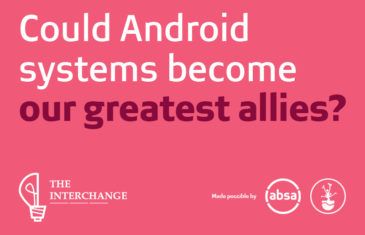
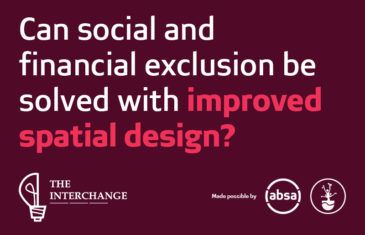
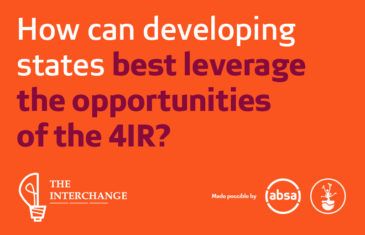
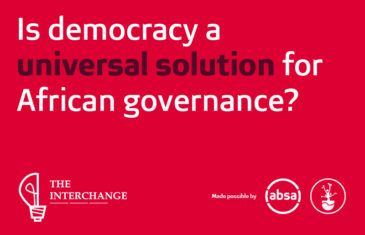
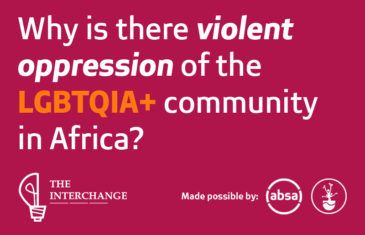
Should the government regulate traditional practices?
In an ever-changing modern landscape, traditional practices are constantly being questioned and challenged. Many of these controversial cultural practices such as genital mutilation and forced marriages, are rooted in beliefs that have been passed down through generations - making their relevance a contentious issue. In a world where traditions can be treated as fleetingly as a social media hashtag, what role do these old ways still have to play? Should the state have the right to ban or regulate certain cultural practices, especially where human rights are at stake? What must happen when these practices infringe on human rights? The Interchange is made possible by Absa and Tshimong.
Read more